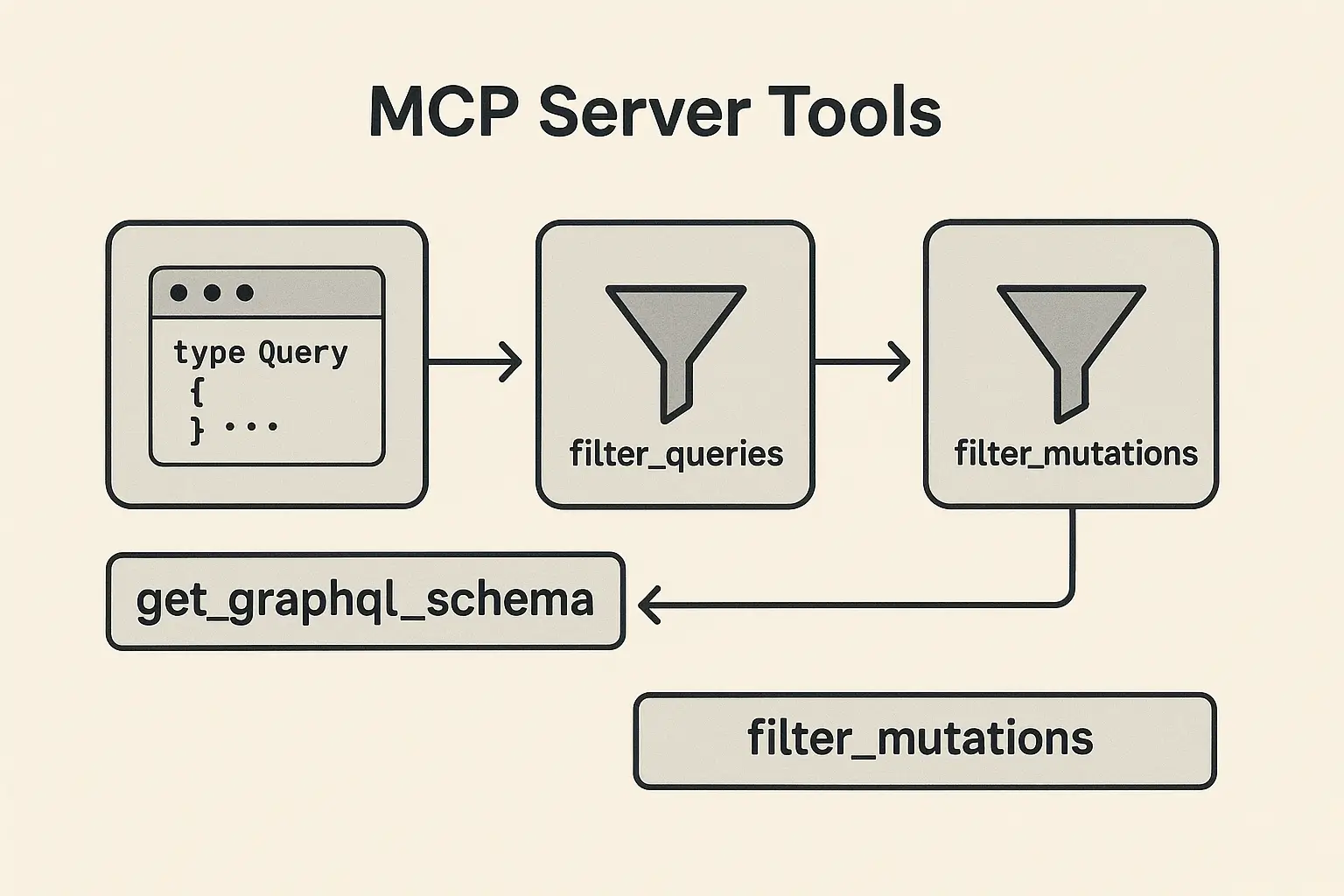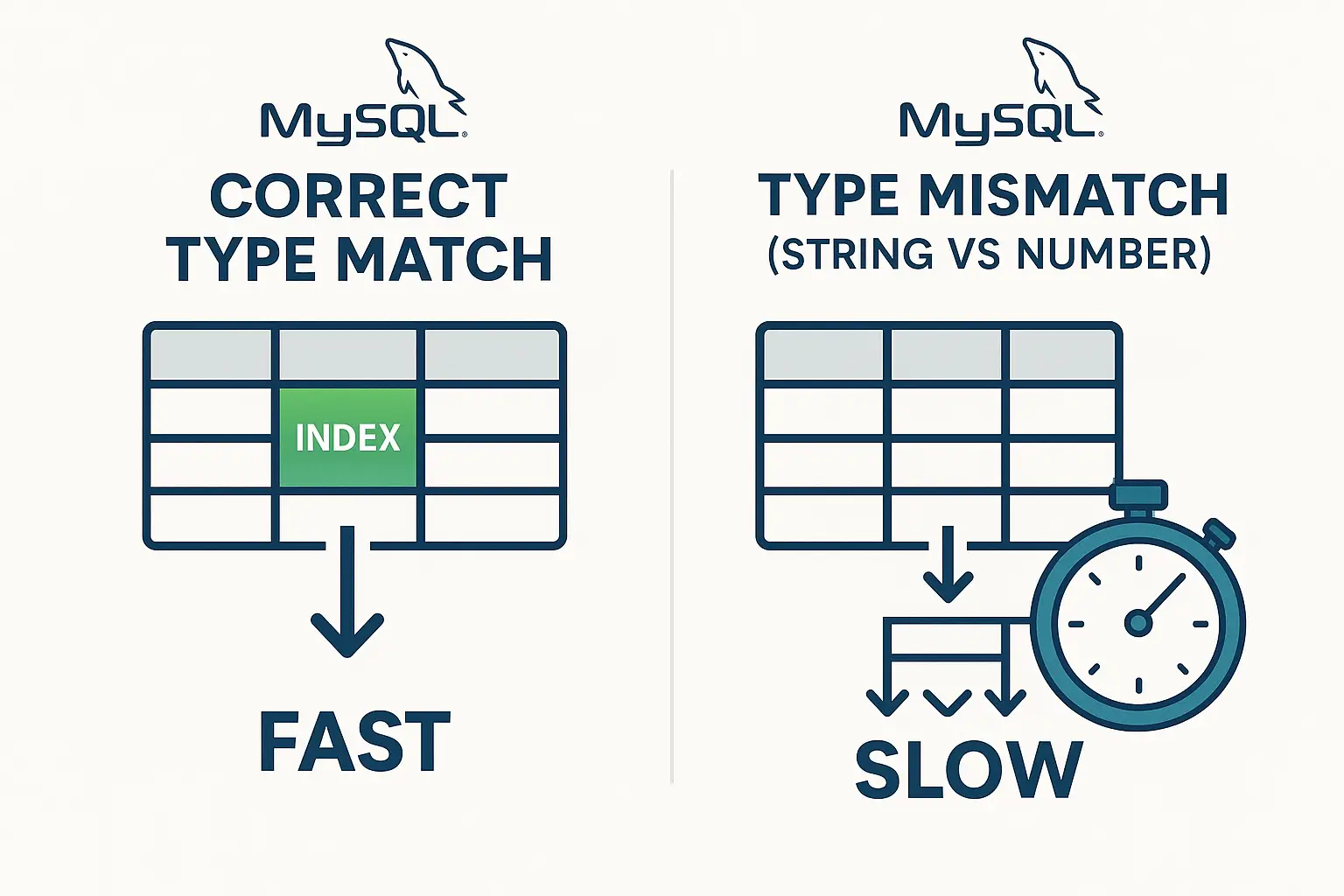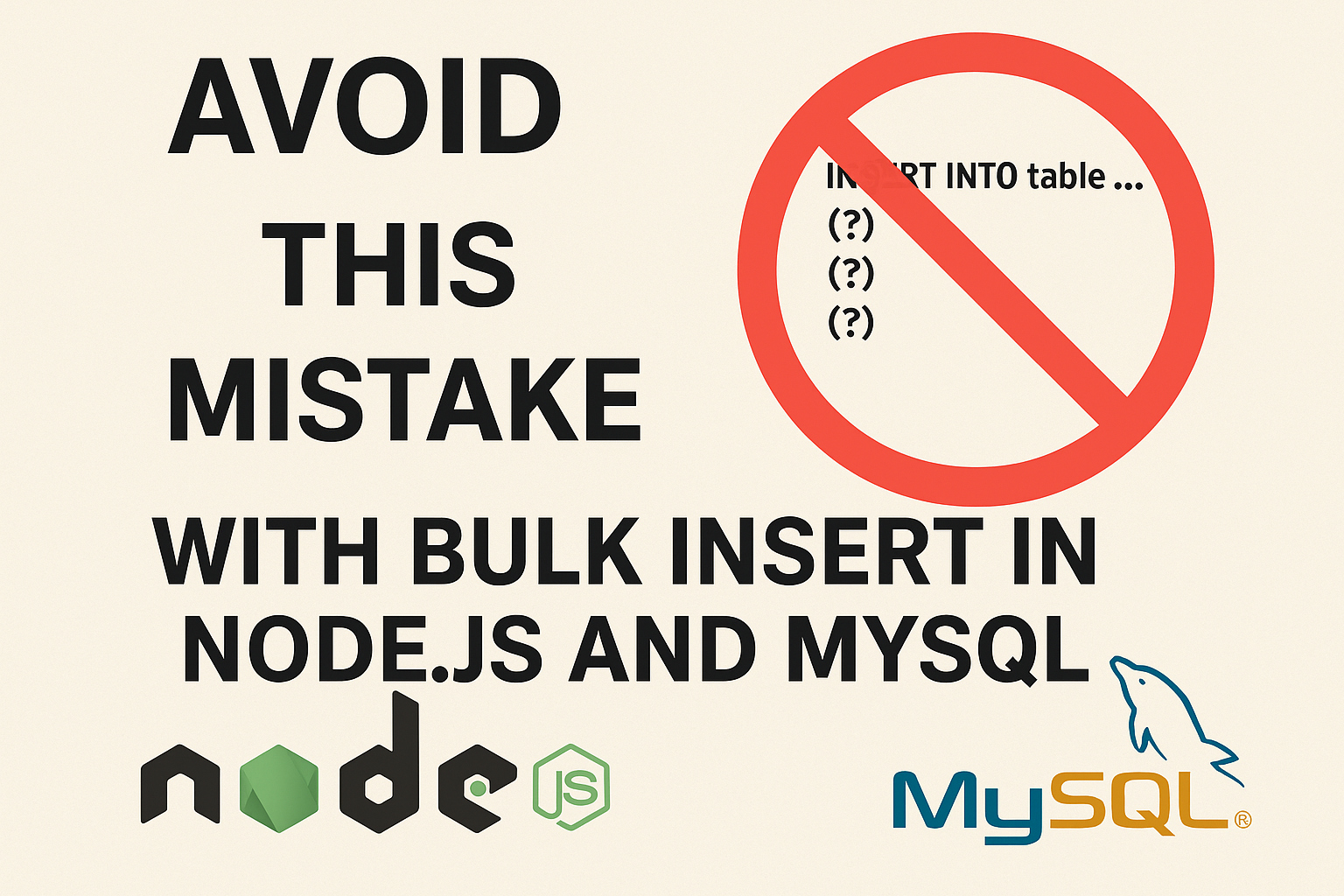Enhancing Text Search in MySQL: A Comparison of SOUNDEX and Full-Text Search
In many applications, efficient text search capabilities are critical for delivering fast and relevant results to users. MySQL provides several tools to facilitate text searching, including SOUNDEX and Full-Text Search. While SOUNDEX is a phonetic algorithm aimed at finding words that sound similar, Full-Text Search allows more flexible and powerful keyword searching. In this post, we’ll dive into each method, examining their use cases, strengths, limitations, and the types of queries they are best suited for.
SOUNDEX: Basic Phonetic Matching

SOUNDEX is a built-in function in MySQL that provides a way to match words based on their phonetic pronunciation rather than exact spelling. Originally designed for English names, it converts words into a code that reflects how they sound when spoken, allowing users to match similar-sounding words with different spellings.
How SOUNDEX Works
SOUNDEX generates a code for each word, where:
- The first letter of the word is retained as the first character of the code.
- Subsequent consonants are translated to numbers based on pronunciation.
- Consecutive letters with the same sound are ignored to account for variations in spelling.
For example:
SELECT SOUNDEX('Robert'), SOUNDEX('Rupert');Both Robert and Rupert return the same code: R163, since they sound similar.
When to Use SOUNDEX
SOUNDEX is useful for:
- Matching names with varied spellings (e.g., “Smith” and “Smyth”).
- Finding records with phonetically similar terms, especially when handling user-generated data with potential typos.
Limitations of SOUNDEX
- Limited to English: SOUNDEX is designed for English names, so it may not work well for non-English words or names.
- No Adjustable Similarity: There’s no way to define a “closeness” or “distance” measure; SOUNDEX either matches or doesn’t.
- Not Suitable for Complex Searches: SOUNDEX is focused on single words and lacks the ability to handle phrases, relevance scoring, or complex queries.
Full-Text Search: Flexible Keyword-Based Search

MySQL’s Full-Text Search offers a more comprehensive solution for text searching. It enables searching for keywords within large text fields like blog posts or product descriptions. Full-Text Search can handle complex queries and returns results based on keyword relevance, making it much more robust than SOUNDEX for applications where relevance and keyword matching are essential.
How Full-Text Search Works
Full-Text Search indexes each word in the specified text fields, allowing you to query these fields using different search modes:
- Natural Language Mode: MySQL ranks results by keyword relevance.
- Boolean Mode: Allows complex queries using operators (e.g.,
+,-,*) to control search criteria. - Query Expansion Mode: Adds related terms to broaden the search results, useful for rare terms or specific searches.
Here’s an example of a Full-Text Search query:
SELECT * FROM articles
WHERE MATCH(title, content) AGAINST('database optimization' IN NATURAL LANGUAGE MODE);This query searches for articles that contain the keywords “database” and “optimization,” ranking results by relevance in column title and content
When to Use Full-Text Search
Full-Text Search is ideal for:
- Keyword-Based Searches: Best for searches where users are looking for specific terms in large text fields.
- Complex Queries: Great for queries with multiple criteria, such as must-have and optional keywords.
- Relevance Scoring: Prioritizes results based on how closely they match the search keywords.
Limitations of Full-Text Search
- Minimum Word Length: By default, ignores words shorter than four characters, which may miss some keywords.
- Stopwords: Common words like “the” and “is” are ignored. This list is customizable but requires server privileges to change.
- Not “Fuzzy”: Unlike some external search engines, MySQL Full-Text Search lacks configurable “fuzziness” for typos or small spelling differences.
Comparing SOUNDEX and Full-Text Search
| Feature | SOUNDEX | Full-Text Search |
|---|---|---|
| Purpose | Phonetic matching for similar-sounding words | Flexible keyword-based search with relevance |
| Best For | Names, words with varying spelling | Large text fields like articles or descriptions |
| Search Complexity | Basic, single-word matching | Complex queries with relevance ranking |
| Supports Phrases | No | Yes |
| Configurable Fuzziness | No | No (limited to exact matches) |
| Language Limitations | English-based, limited for other languages | Works with any language, customizable stopwords |
| Relevance Scoring | No | Yes |
| Customization | Minimal | Highly configurable (modes, operators) |
Choosing the Right Tool for Your Application
Here are some guidelines to help you choose between SOUNDEX and Full-Text Search:
- Use SOUNDEX if:
- You need simple phonetic matching for English names or words.
- Your data contains misspellings or variations in spelling, particularly in names.
- The query is simple and doesn’t require complex operators or relevance ranking.
- Use Full-Text Search if:
- You need advanced search capabilities for larger text fields like articles or product descriptions.
- Keyword relevance is essential to prioritize results.
- You want to build a search system with Boolean logic for advanced user queries.
Example: Implementing Both in One Query
To combine both SOUNDEX and Full-Text Search for a more flexible search experience, you could use SOUNDEX as a preliminary filter, then apply Full-Text Search for precise keyword relevance.
SELECT * FROM articles
WHERE SOUNDEX(title) = SOUNDEX('database')
AND MATCH(content) AGAINST('optimization' IN NATURAL LANGUAGE MODE);In this example, the query first filters records by phonetically matching title fields to “database” and then applies Full-Text Search on content for “optimization.”
Conclusion
Both SOUNDEX and Full-Text Search in MySQL offer unique ways to search text fields, each with specific advantages and limitations. SOUNDEX is best for phonetic matching and basic searches, while Full-Text Search provides a more advanced and flexible search experience. By understanding the strengths of each tool, you can leverage MySQL’s capabilities to build efficient and user-friendly search functionality tailored to your application’s needs.
For applications that require even more advanced search features like fuzzy matching, typo tolerance, or multi-language support, consider integrating external search engines such as Elasticsearch or Solr. These tools offer superior flexibility and are designed for complex, large-scale search applications.





